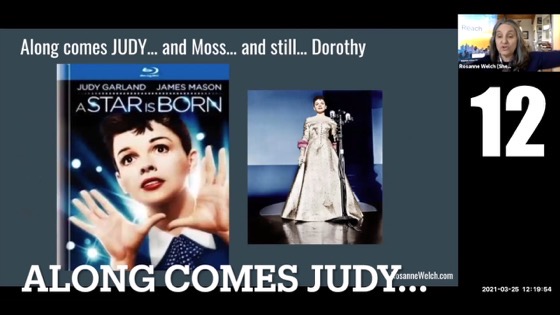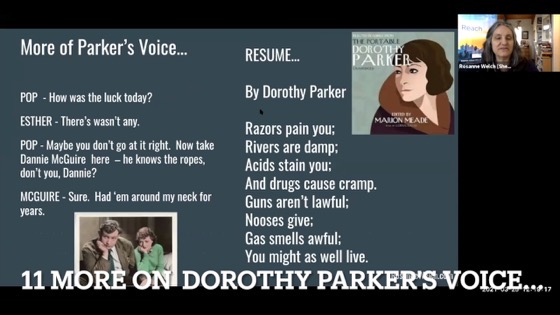Watch the entire presentation – Worry and Wonder | The Courier Thirteen Podcast | Episode # 29 here
Transcript:
The idea was that the little boy would want to be popular in school and he would stumble on some internet pornography and print it and hand it around at school so the bigger boys would think he was cool and then, of course, he would have to pay the price for that and get suspended for a couple of days. His parent would be upset. We’d have to talk about the problem with pornography and what it does to the way people believe – think about women and all of that. And the network came back and said they thought it would be more engaging if the little boy didn’t copy what he found on the internet, but he created his own and I about wanted to go kill myself because I did not believe in that family — that boy — whatever — had that inclination, but I wasn’t running the show. I was just selling an episode then and the Executive Producer, Jeff Melvoin, did argue and argue, and that one we didn’t win. So, in that episode, the boy actually takes a picture of someone who’s naked on the Internet and puts his teacher’s face on it and it’s like Oooo, look he photoshopped it before there even Photoshop, I think, and I hated that so much, but I didn’t have any control to change it, so you just had to got with it and make sure that the ending — there was a big discussion about how and why that was wrong and how depressed the father was that his son would behave in that fashion and it really showed that there wasn’t anything cool or wonderful about what he had done. So we had to sort of overwrite the ending to make up for a beginning that we didn’t appreciate, but you know, it was their — they had enough — it was only the 3rd season of that show so they still had a chance to say no and they often did.
It’s always fun to sit down with students and share stories about entering the television industry and how things work at all stages and I had that opportunity the other day.
Daniela Torres, a just-graduated (Congratulations!) student of the Columbia College Semester in LA program asked me to guest on a podcast she had recently begun hosting with another college student she met during her internship (good example of networking in action!).
We could have talked all morning (the benefit of a 3 hour class session) but we held it to about an hour and fifteen minutes or so. Hopefully, along the way I answered some questions you might have about how the business works. So often it amounts to working hard at being a better writer and gathering a group of other talented, hard-working people around you so you can all rise together.
Dr. Rosanne Welch is a television writer with credits that include Beverly Hills 90210, Picket Fences, ABCNEWS: Nightline and Touched by an Angel. She also teaches Television Writing and the Art of Film at San Jose State University.
Rosanne discusses what made shows like Beverly Hills 90210 compelling, what to do and not to do when attempting to pitch a show to broadcast or streaming, what most young writers neglect in their writing process, and much more!
The Courier Thirteen Podcast is available on YouTube, Spotify, Apple Podcasts, SoundCloud, and Audible.
Podcast: Play in new window | Download
Subscribe: RSS
![25 More On Network Notes from Worry and Wonder | The Courier Thirteen Podcast [Video]](https://rosannewelch.com/wp-content/uploads/2021/11/rmw-courier-13-25.jpg)

![51 Teacher Make Good Writers from There And Back Again: Writing and Developing for American TV [Video]](https://rosannewelch.com/wp-content/uploads/2021/11/rmw-oxford-brookes-51.jpg)


![17 A Fateful Voyage from Concord Days: Margaret Fuller in Italy [Video]](https://rosannewelch.com/wp-content/uploads/2021/11/rmw-concord-day-2021-fuller-rome-17.jpg)


![24 Network Notes from Worry and Wonder | The Courier Thirteen Podcast [Video]](https://rosannewelch.com/wp-content/uploads/2021/11/rmw-courier-13-24.jpg)
![50 Collaboration Is Required from There And Back Again: Writing and Developing for American TV [Video]](https://rosannewelch.com/wp-content/uploads/2021/11/rmw-oxford-brookes-50-1.jpg)

![Why Torchwood Still Matters with Dr. Rosanne Welch (Complete), San Diego Who Con 2021 [Video]](https://rosannewelch.com/wp-content/uploads/2021/11/SD-Who-Con-Torchwood-Presentation-001.jpg)